I’m going to have to make a call soon on Baraou no Souretsu, given that we’re almost halfway through the first of its split cours. While it seems to be generating little following at least in English, I find it’s growing into the story it’s trying to tell. The visuals are certainly low-rent, but as with Immortal (though not as artfully) the direction at least tries to turn that into a stylistic choice. More importantly the narrative flow of the series has improved substantially over the last couple of episodes.
The main reason for that is pretty straightforward – as I’d expected it might, the pacing has eased back quite a bit. The events following the death of Richard (Duke of York) have moved at a much more manageable clip, and on a much more human scale. The whole Henry subplot is pretty loopy to be honest, but apart from that Richard’s development has been quite interesting to watch. He’s smart enough to know that Edward has royally (tee hee) screwed things up by marrying Elizabeth Woodville – and that would be true even if she weren’t a psychotic hellbent on revenge (and there’s no historic evidence to suggest she was).
Even with no red wedding the consequences of Edward’s decision are immediate and severe (as indeed they really were). The French are pissed – possibly enough to go to war over it – but no more so than the Kingmaker. Looking at it from his perspective, he made a sacrifice too – he surely would have loved to marry one of his own daughters off to Edward, but recognized the need to cement ties with Paris. The Earl of Warwick is a man who doesn’t allow for the possibility that he’s made a misjudgment, so for him Edward has effectively proved himself unfit to be king. And if you’re someone called “The Kingmaker” that train of thought isn’t terminating at that station.
Meanwhile Richard finds himself with a new ally – the little Duke of Buckingham, Henry Stafford (Sugimiya Riho). He’s been married off to one of the Woodville sisters. 8 year-old Catherine, and he’s none too happy about it. Buckingham was only about 10 when these events were playing out – he looks older here – but he appoints himself as Richard’s version of Warwick the Kingmaker. Richard surely believes he’d be a better king than Edward, though he struggles to reconcile that with his revulsion over his body. But the only other real option seems to be middle brother George, who’s frankly not the sharpest knife in the drawer.
For now Warwick sets his sights on seeing George, next in the line of succession, ascend the throne in place of his brother. And here he does push to marry his daughter off to a king, pushing Isabelle together with George. George is an imperfect vessel but Warwick sees him as controllable. He also wants to marry Anne off to Richard and draw him into the scheme, but Anne resists – she’d be keen on marrying Richard of course, but not because her father wants her to seduce him. Unfortunately Richard overhears only part of this conversation, and despairs – for he was starting to feel something close to love for Anne himself.
It’s a fun turn of events in an almost soap opera way, but truthfully even Shakespeare’s version of this story has a whiff of that to it. These historical events are much more engaging when the focus is on how the frailties of the parties involved drove them, and Requiem of the Rose King has done a very good job of slipping into that mode these last two episodes.


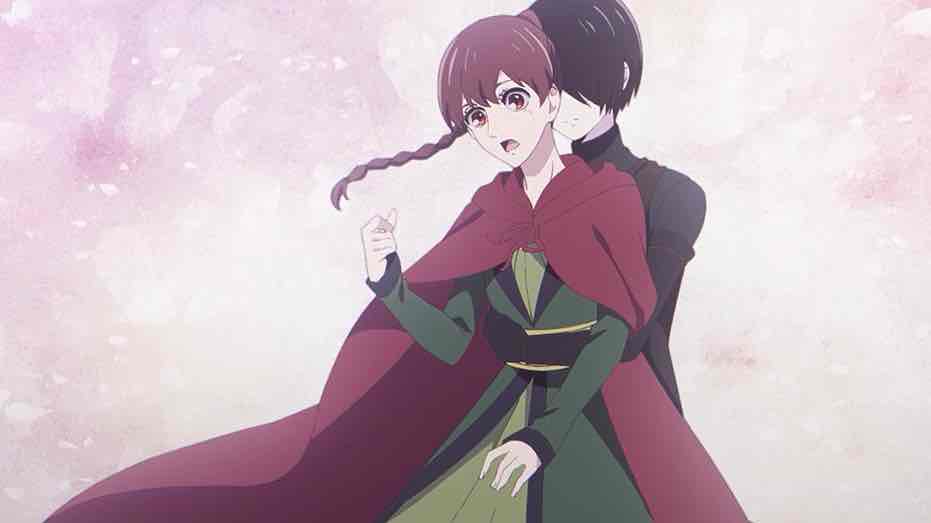
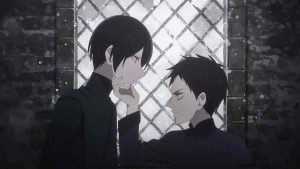


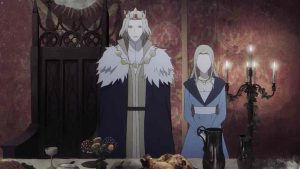
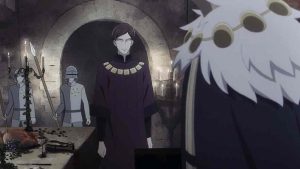


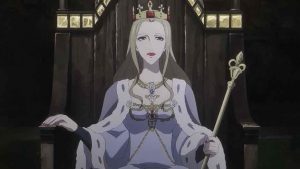
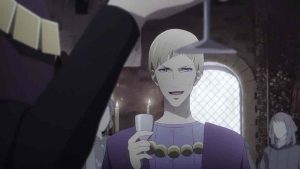
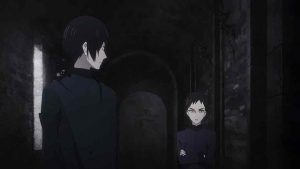
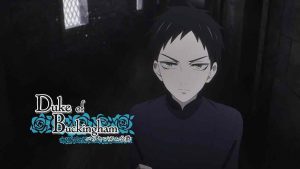



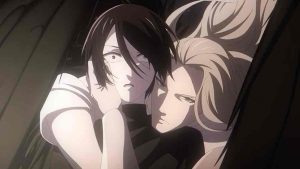
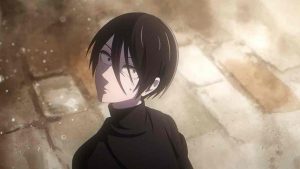

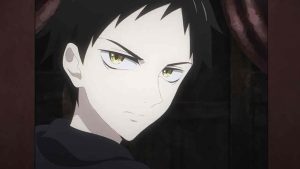

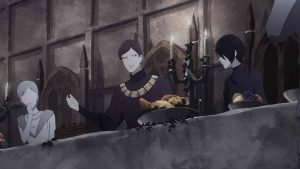
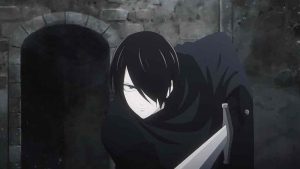

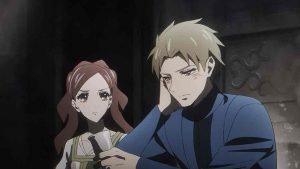








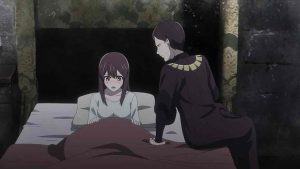
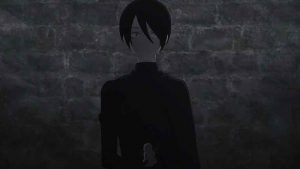


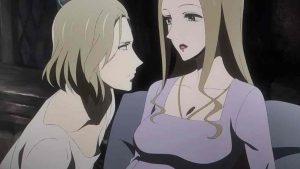


Collectr
February 7, 2022 at 11:22 pmThe “romance” with Henry loopy, but the anime is adapted from a shoujo manga. Richard is the protagonist, so romance is on the cards. Richard’s intersexuality is as much a crutch for explaining his behavior as was Shakespeare’s reliance on other physical deformities, but a more straightforward explanation – that Richard had the same admixture of loyalty and ambition as the other members of the Plantagenet family – is too mundane, perhaps, to distinguish the character from contemporaries. Interfamily warfare to seize the crown dated back more than 70 years, to Henry Bollinbroke’s deposition of Richard II. Even Richard’s father, whom he reveres, was not above the temptation. Edward, George, and Richard would have been no different. But taking the story in that direction would have yielded a tragedy like Macbeth and not a melodrama like Richard III.
The series is attempting to explain Richard’s behavior as motivated by self-loathing and lack of (maternal) affection rather than Shakespeare’s simple black-and-white villainy, but both seem too schematic. I’d also note that the leading female characters (Margaret of Anjou, Cecily Neville, Elizabeth Woodville) are presented in very unfavorable terms. For me, the more the show deals with the twisted history of the times, and the complexities of the leading characters’ interactions, the better it is. The changes of fortune occurred with stunning frequency, and it takes time to explain and savor them.
Yukie
February 8, 2022 at 12:36 amHenry is a lot more fleshed out in the manga, so the missing context kind of hurts the believability of their connection. I completely agree that Baraou no Souretsu always teeters near melodrama but manages to work thanks to the darker tones and some great character writing and development.
Marty
February 9, 2022 at 9:53 pmI will confess. Although the visuals leave much to be desired, the story remains engaging nevertheless